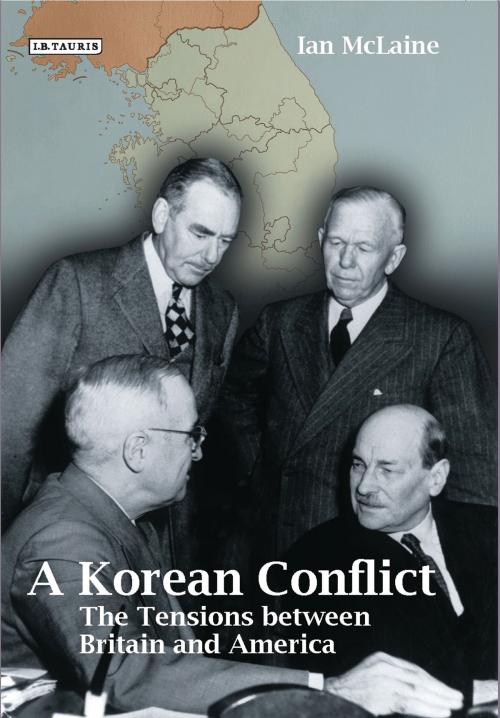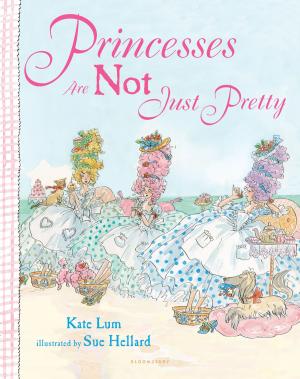A Korean Conflict
The Tensions between Britain and America
Nonfiction, Social & Cultural Studies, Political Science, Government, Communism & Socialism, History| Author: | Ian McLaine | ISBN: | 9780857729019 |
| Publisher: | Bloomsbury Publishing | Publication: | October 21, 2015 |
| Imprint: | I.B. Tauris | Language: | English |
| Author: | Ian McLaine |
| ISBN: | 9780857729019 |
| Publisher: | Bloomsbury Publishing |
| Publication: | October 21, 2015 |
| Imprint: | I.B. Tauris |
| Language: | English |
In 1950, just five years after the end of World War II, Britain and America again went to war - this time to try and combat the spread of communism in East Asia following the invasion of South Korea by communist forces from the North. This book charts the course of the UK-US 'special relationship' from the journey to war beginning in 1947, to the fall of the Labour government in 1951. Ian McLaine casts fresh light on relations between Truman and Attlee and their officials, diplomats and advisors, including Acheson and MacArthur. He shows how Britain was persuaded to join a war it could ill afford and was forced to rearm at great cost to the economy. The decision to participate in the war caused great strain to the Labour party - provoking the Bevan-Gaitskell split which was to keep the party out of office for the next decade. McLaine's revisionist study shows how disastrous the war was for the British - and for the Labour party in particular. It sheds important new light on UK-US relations during a key era in diplomatic and Cold War history.
In 1950, just five years after the end of World War II, Britain and America again went to war - this time to try and combat the spread of communism in East Asia following the invasion of South Korea by communist forces from the North. This book charts the course of the UK-US 'special relationship' from the journey to war beginning in 1947, to the fall of the Labour government in 1951. Ian McLaine casts fresh light on relations between Truman and Attlee and their officials, diplomats and advisors, including Acheson and MacArthur. He shows how Britain was persuaded to join a war it could ill afford and was forced to rearm at great cost to the economy. The decision to participate in the war caused great strain to the Labour party - provoking the Bevan-Gaitskell split which was to keep the party out of office for the next decade. McLaine's revisionist study shows how disastrous the war was for the British - and for the Labour party in particular. It sheds important new light on UK-US relations during a key era in diplomatic and Cold War history.















